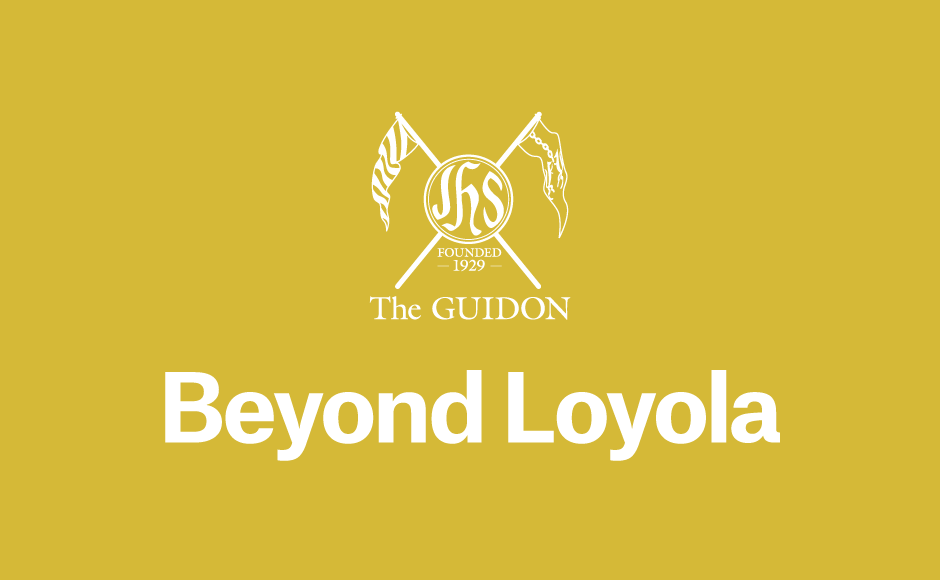United States (US) president Donald J. Trump’s win in a close general election came as a shock to many, defying polls that predicted a comfortable victory for his Democratic rival Hillary Clinton.
While Clinton got the most number of votes nationwide, the Republican’s razor-thin victories in key states such as Pennsylvania, Wisconsin, and Michigan—states thought to have been in the bag for the Democrat—were enough for him to win the electoral college.
Trump garnered 304 electoral votes to Clinton’s 227, becoming the fourth person to secure the presidency through the electoral college without winning the popular vote.
With Trump sworn in as the 45th US president last January 20, many wonder how his presidency would affect not just America, but the world as well.
Trump and Duterte
Even when Trump was still a candidate, some have brought up the similarities between him and the Philippines’ newly-elected president Rodrigo Duterte. Both were unlikely presidential candidates who ran on a populist and anti-establishment agenda. Both conducted unorthodox campaigns that have broken political norms countless times. Temperamentally, the two are known for having short tempers and loose tongues.
In the realm of policy, Trump’s stance is in line with his inward-looking paradigm of “America First,” which includes his desire for the US to stop playing world police, allowing Duterte and other world leaders the room to determine their own policies.
Duterte said that Trump has given a stamp of approval on his controversial war on drugs. Notably, Duterte repeatedly lashed at Trump’s predecessor, former president Barack Obama, for criticizing his anti-drug campaign. Coupled with Duterte’s warming relations with known US rival China, questions have been raised whether the Philippines’ relationship with its foremost ally and former colonial master is fast deteriorating.
A nation divided
Back in the US, Trump’s victory did not signal a start of national healing expected after the conduct of an election. Rather, it exposed and activated lingering fault lines present in American society.
In exit polls conducted during the elections, a large percentage of Trump’s supporters said they agree with his hardline stances on immigration. A whopping 84% of Trump voters said that most illegal immigrants to the US should be deported while only 34% said that they should be offered a path to legal status.
Trump supporter Peggy Smith Shortt defended her stance in an interview with the BBC, saying that while her position does not mean a refusal to help, she believes that immigration “needs to be done the right way.”
“We have so many people in our country that we need to help as well,” she said.
When asked about what for them is a candidate’s most important quality, 83% of Trump supporters said that he or she “can bring needed change.”
Analysts have attributed economic and cultural disenfranchisement among white working class Americans as among the main reasons for Trump’s election.
But critics point to Trump’s status as a billionaire and his penchant for dishonesty as just some of the reasons why they believe Trump will not deliver the change he promised.
Following his election, several protests broke out across different parts of the US such as New York, Los Angeles, and Chicago. Demonstrators chanted slogans such as “not my president” and “we don’t accept the president.”
Trump is already considered as the most unpopular president to begin his term. Only 45% of Americans approve of his performance during his first three days in office, the lowest initial rating recorded since the first poll on the matter was done in 1953.
Many have also expressed their fear towards what effect Trump’s presidency would have on marginalized groups such as women and people of color. During numerous instances, Trump was called out by critics for exploiting racist and sexist sentiments present among his supporters.
A day after his inauguration, the Women’s March on Washington reportedly drew larger crowds than the inaugural rites itself. Solidarity marches were also held in other US cities and around the world.
An unlikely alliance
Shakeups are also seen in the geopolitical arena. For one, an unexpected alliance between Trump and Russian President Vladimir Putin was formed throughout the latter’s campaign. From the two paying each other compliments in public to the confirmation that the Russian government was involved in the hacking incident involving Clinton, the growing goodwill between the two leaders has raised some eyebrows.
This includes both Republican and Democratic lawmakers, which have shown a general distrust for Russia and Putin.
As he transitions from candidate to president, both the US and the international community will await with baited breath as to whether Trump’s outrageous comments will transform into actual policy. In the United States, there is a great divide between citizens who dread what they feel will be a return to an era of sexism, racism while others wait to see if Trump will indeed follow through on his promises.




